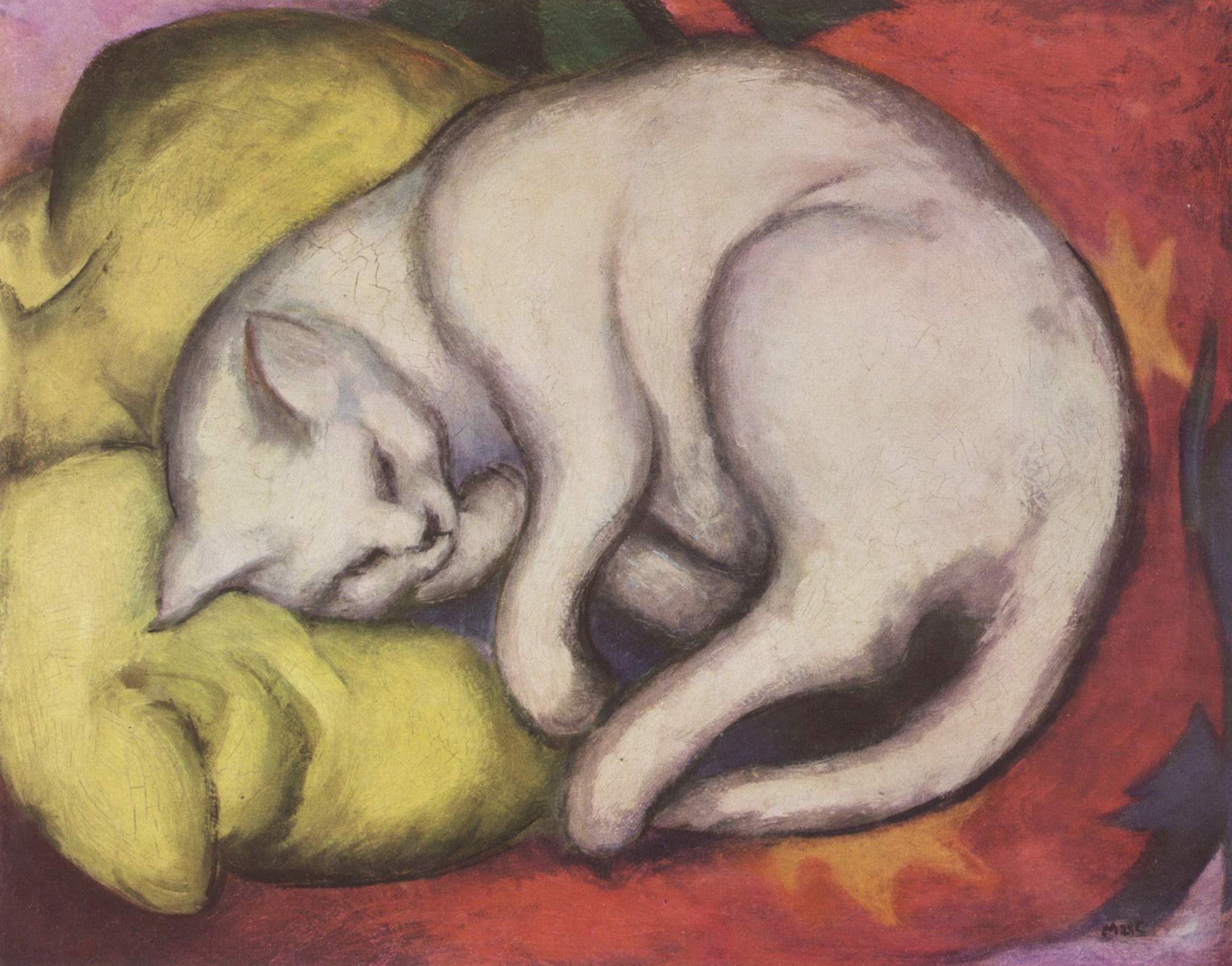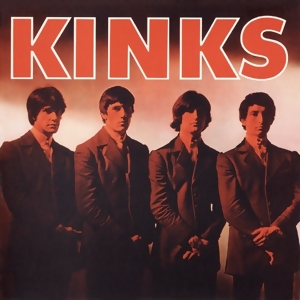
Following is Haruki Murakami's Speech on being awarded The Jerusalem Prize.
He gave this speech in the presence of Shimon Peres, President of Israel, and other dignitaries.
「Always on the side of the egg」
By Haruki Murakami
I have come to Jerusalem today as a novelist, which is to say as a
professional spinner of lies.
Of course, novelists are not the only ones who tell lies. Politicians do
it, too, as we all know. Diplomats and military men tell their own kinds of
lies on occasion, as do used car salesmen, butchers and builders. The lies
of novelists differ from others, however, in that no one criticizes the
novelist as immoral for telling them. Indeed, the bigger and better his
lies and the more ingeniously he creates them, the more he is likely to be
praised by the public and the critics. Why should that be?
My answer would be this: Namely, that by telling skillful lies - which is
to say, by making up fictions that appear to be true - the novelist can
bring a truth out to a new location and shine a new light on it. In most
cases, it is virtually impossible to grasp a truth in its original form and
depict it accurately. This is why we try to grab its tail by luring the
truth from its hiding place, transferring it to a fictional location, and
replacing it with a fictional form. In order to accomplish this, however,
we first have to clarify where the truth lies within us. This is an
important qualification for making up good lies.
Today, however, I have no intention of lying. I will try to be as honest as
I can. There are a few days in the year when I do not engage in telling
lies, and today happens to be one of them.
So let me tell you the truth. A fair number of people advised me not to
come here to accept the Jerusalem Prize. Some even warned me they would
instigate a boycott of my books if I came.
The reason for this, of course, was the fierce battle that was raging in
Gaza. The UN reported that more than a thousand people had lost their lives
in the blockaded Gaza City, many of them unarmed citizens - children and
old people.
Any number of times after receiving notice of the award, I asked myself
whether traveling to Israel at a time like this and accepting a literary
prize was the proper thing to do, whether this would create the impression
that I supported one side in the conflict, that I endorsed the policies of
a nation that chose to unleash its overwhelming military power. This is an
impression, of course, that I would not wish to give. I do not approve of
any war, and I do not support any nation. Neither, of course, do I wish to
see my books subjected to a boycott.
Finally, however, after careful consideration, I made up my mind to come
here. One reason for my decision was that all too many people advised me
not to do it. Perhaps, like many other novelists, I tend to do the exact
opposite of what I am told. If people are telling me — and especially if
they are warning me — "don't go there," "don't do that," I tend to want to
"go there" and "do that." It's in my nature, you might say, as a novelist.
Novelists are a special breed. They cannot genuinely trust anything they
have not seen with their own eyes or touched with their own hands.
And that is why I am here. I chose to come here rather than stay away. I
chose to see for myself rather than not to see. I chose to speak to you
rather than to say nothing.
This is not to say that I am here to deliver a political message. To make
judgments about right and wrong is one of the novelist's most important
duties, of course.
It is left to each writer, however, to decide upon the form in which he or
she will convey those judgments to others. I myself prefer to transform
them into stories - stories that tend toward the surreal. Which is why I do
not intend to stand before you today delivering a direct political message.
Please do, however, allow me to deliver one very personal message. It is
something that I always keep in mind while I am writing fiction. I have
never gone so far as to write it on a piece of paper and paste it to the
wall: Rather, it is carved into the wall of my mind, and it goes something
like this:
"Between a high, solid wall and an egg that breaks against it, I will
always stand on the side of the egg."
Yes, no matter how right the wall may be and how wrong the egg, I will
stand with the egg. Someone else will have to decide what is right and what
is wrong; perhaps time or history will decide. If there were a novelist
who, for whatever reason, wrote works standing with the wall, of what value
would such works be?
What is the meaning of this metaphor? In some cases, it is all too simple
and clear. Bombers and tanks and rockets and white phosphorus shells are
that high, solid wall. The eggs are the unarmed civilians who are crushed
and burned and shot by them. This is one meaning of the metaphor.
This is not all, though. It carries a deeper meaning. Think of it this way.
Each of us is, more or less, an egg. Each of us is a unique, irreplaceable
soul enclosed in a fragile shell. This is true of me, and it is true of
each of you. And each of us, to a greater or lesser degree, is confronting
a high, solid wall. The wall has a name: It is The System. The System is
supposed to protect us, but sometimes it takes on a life of its own, and
then it begins to kill us and cause us to kill others — coldly,
efficiently, systematically.
I have only one reason to write novels, and that is to bring the dignity of
the individual soul to the surface and shine a light upon it. The purpose
of a story is to sound an alarm, to keep a light trained on The System in
order to prevent it from tangling our souls in its web and demeaning them.
I fully believe it is the novelist's job to keep trying to clarify the
uniqueness of each individual soul by writing stories — stories of life and
death, stories of love, stories that make people cry and quake with fear
and shake with laughter. This is why we go on, day after day, concocting
fictions with utter seriousness.
My father died last year at the age of 90. He was a retired teacher and a
part-time Buddhist priest. When he was in graduate school, he was drafted
into the army and sent to fight in China. As a child born after the war, I
used to see him every morning before breakfast offering up long,
deeply-felt prayers at the Buddhist altar in our house. One time I asked
him why he did this, and he told me he was praying for the people who had
died in the war.
He was praying for all the people who died, he said, both ally and enemy
alike. Staring at his back as he knelt at the altar, I seemed to feel the
shadow of death hovering around him.
My father died, and with him he took his memories, memories that I can
never know. But the presence of death that lurked about him remains in my
own memory. It is one of the few things I carry on from him, and one of the
most important.
I have only one thing I hope to convey to you today. We are all human
beings, individuals transcending nationality and race and religion, fragile
eggs faced with a solid wall called The System. To all appearances, we have
no hope of winning. The wall is too high, too strong — and too cold. If we
have any hope of victory at all, it will have to come from our believing in
the utter uniqueness and irreplaceability of our own and others' souls and
from the warmth we gain by joining souls together.
Take a moment to think about this. Each of us possesses a tangible, living
soul. The System has no such thing. We must not allow The System to exploit
us. We must not allow The System to take on a life of its own. The System
did not make us: We made The System.
That is all I have to say to you.
I am grateful to have been awarded the Jerusalem Prize. I am grateful that
my books are being read by people in many parts of the world. And I am glad
to have had the opportunity to speak to you here today.
February 15, 2009






























![[drogba_king.jpg]](https://blogger.googleusercontent.com/img/b/R29vZ2xl/AVvXsEiwY-uGdsiFuZX81g1XEz_2Mj4cSIfNsNJU4E94VxkXZvRmxLtRhtDtyStfsPJvdRTm8ppknlowmo3l-Y2fn74l65FnnREdisxZGvqUM2wA6OijeSKixGD2nGfxVI0zcxqH6Jq4h936jCk/s1600/drogba_king.jpg)





